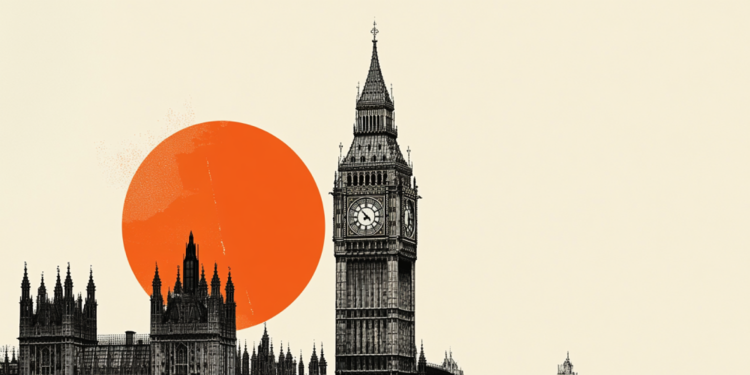BoE’s Taylor: Central bank should cut rates pre-emptively
The Bank of England (BoE) policymaker Alan Taylor said on Wednesday that the BoE should move quickly to cut interest rates “pre-emptively” as the UK is “in the last half mile on inflation.”
Key quotes
"Right now, I think it makes sense to cut rates pre-emptively to take out a little insurance against this change in the balance of risks, given that our policy rate is still far above neutral and would still remain very restrictive.”
"We are in the last half mile on inflation, but with the economy weakening, it’s time to get interest rates back toward normal to sustain a soft landing.”
"It is this logic that convinced me to vote for an interest rate cut in December.”
“On multiple fronts, UK businesses and households could face a near-term cashflow squeeze, and we need to keep a careful eye on this important potential downside trigger.”
“I fully appreciate these challenges for businesses and households and the headwinds they pose for the UK economic outlook, together with all the other emerging downside economic risks in the UK and around the world.”
Market reaction
The GBP/USD pair is trading 0.03% lower on the day at 1.2239, as of writing.
BoE FAQs
The Bank of England (BoE) decides monetary policy for the United Kingdom. Its primary goal is to achieve ‘price stability’, or a steady inflation rate of 2%. Its tool for achieving this is via the adjustment of base lending rates. The BoE sets the rate at which it lends to commercial banks and banks lend to each other, determining the level of interest rates in the economy overall. This also impacts the value of the Pound Sterling (GBP).
When inflation is above the Bank of England’s target it responds by raising interest rates, making it more expensive for people and businesses to access credit. This is positive for the Pound Sterling because higher interest rates make the UK a more attractive place for global investors to park their money. When inflation falls below target, it is a sign economic growth is slowing, and the BoE will consider lowering interest rates to cheapen credit in the hope businesses will borrow to invest in growth-generating projects – a negative for the Pound Sterling.
In extreme situations, the Bank of England can enact a policy called Quantitative Easing (QE). QE is the process by which the BoE substantially increases the flow of credit in a stuck financial system. QE is a last resort policy when lowering interest rates will not achieve the necessary result. The process of QE involves the BoE printing money to buy assets – usually government or AAA-rated corporate bonds – from banks and other financial institutions. QE usually results in a weaker Pound Sterling.
Quantitative tightening (QT) is the reverse of QE, enacted when the economy is strengthening and inflation starts rising. Whilst in QE the Bank of England (BoE) purchases government and corporate bonds from financial institutions to encourage them to lend; in QT, the BoE stops buying more bonds, and stops reinvesting the principal maturing on the bonds it already holds. It is usually positive for the Pound Sterling.
The Trade Balance, which is the difference between what a country earns from its exports versus what it pays for its imports, is another factor that can influence the value of the Australi
Forex News
Keep up with the financial markets, know what's happening and what is affecting the markets with our latest market updates. Analyze market movers, trends and build your trading strategies accordingly.
